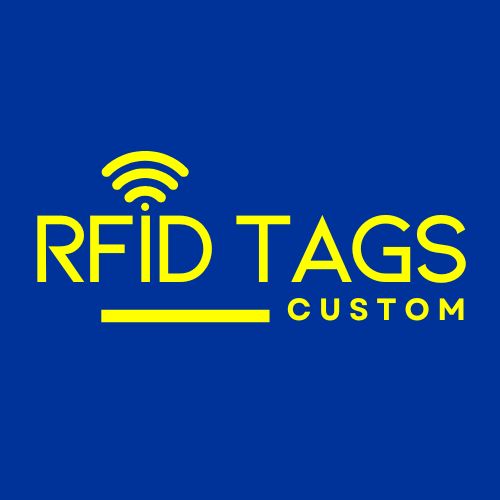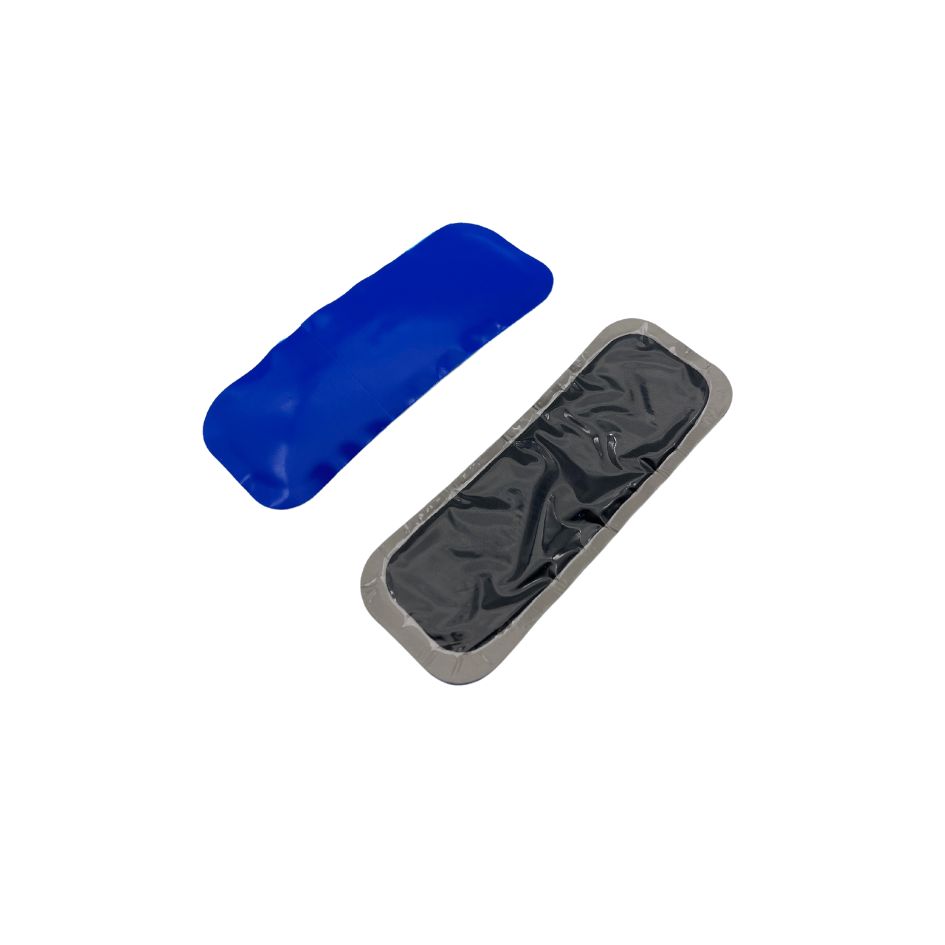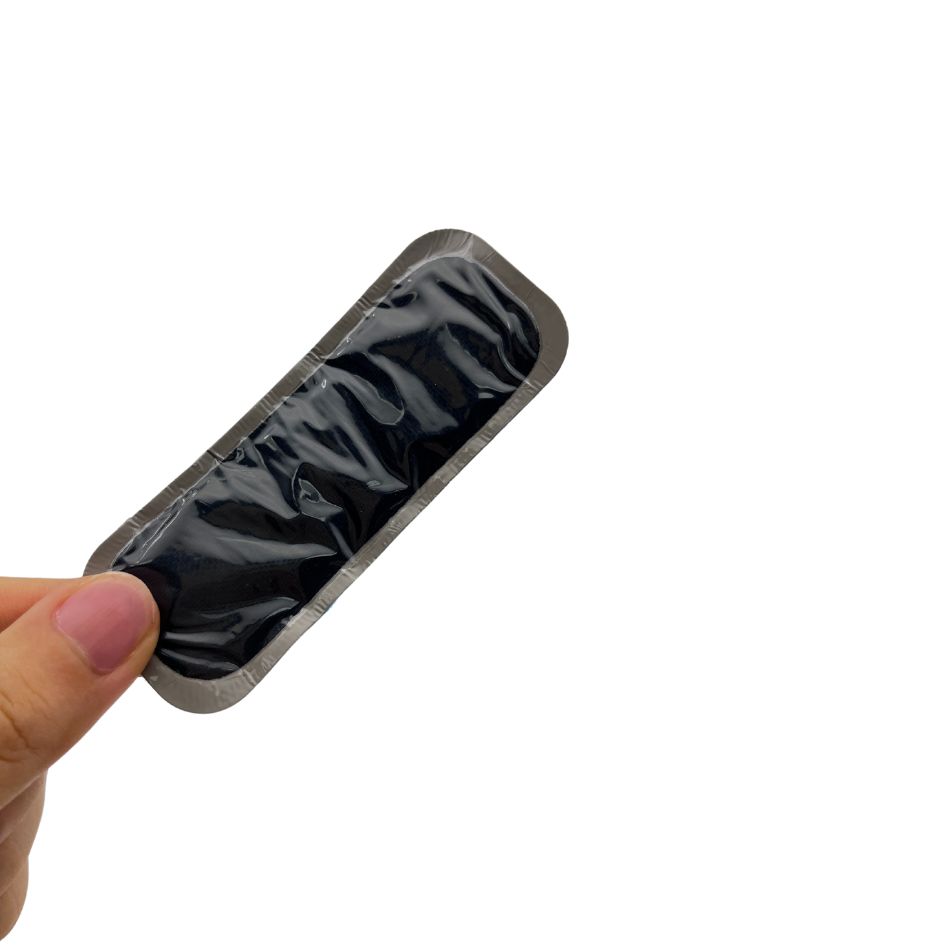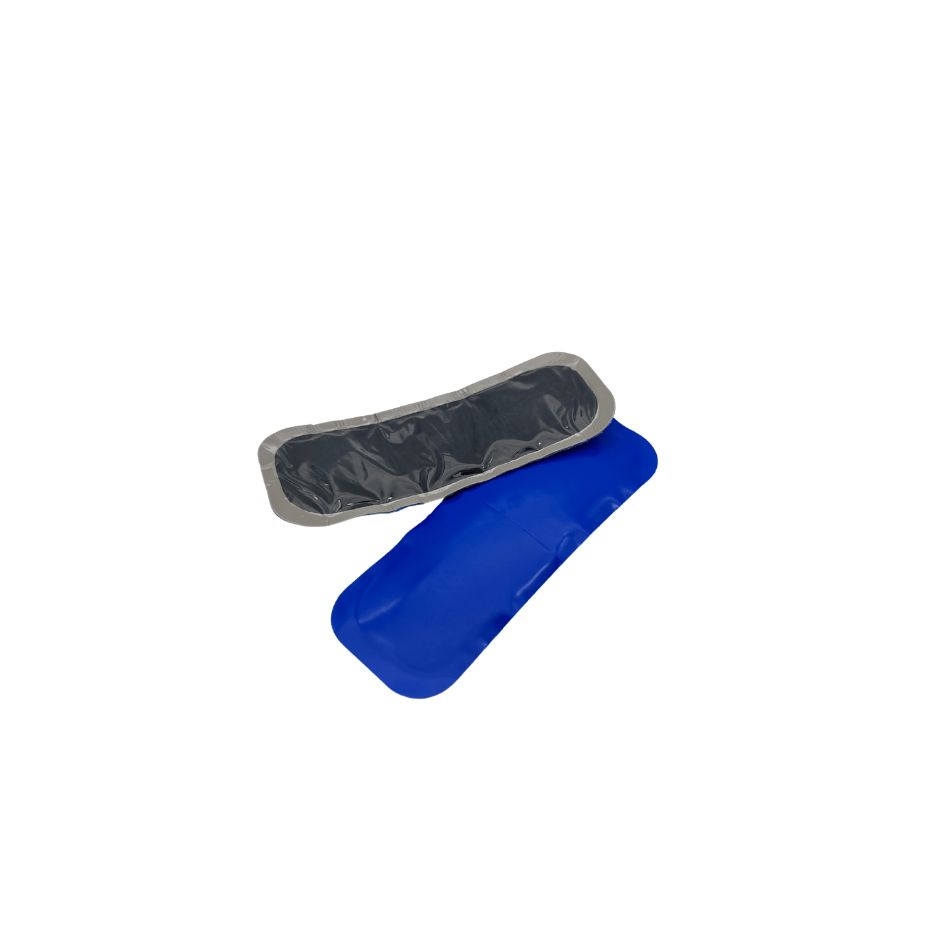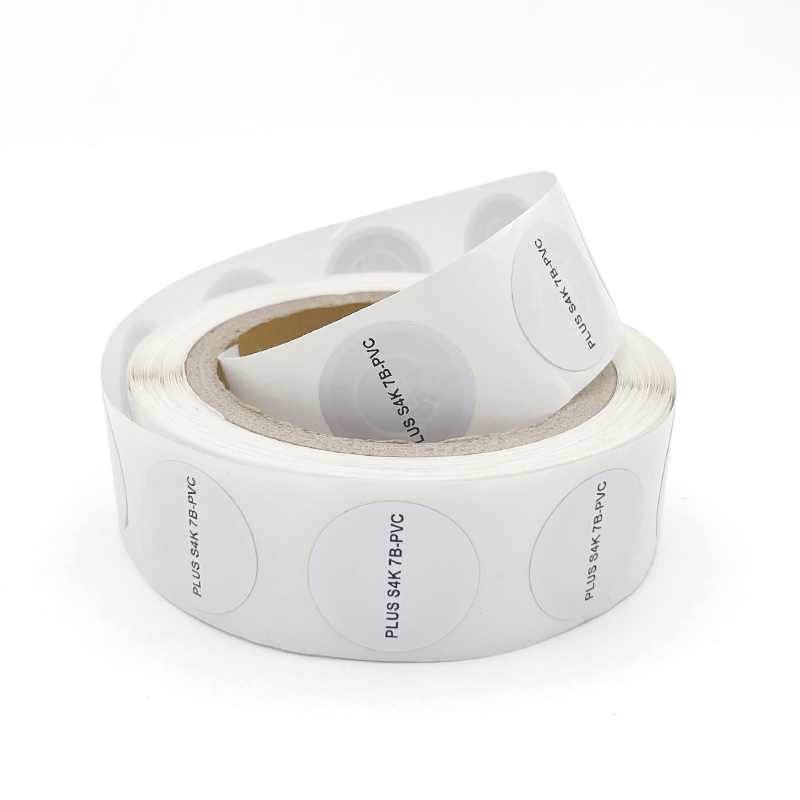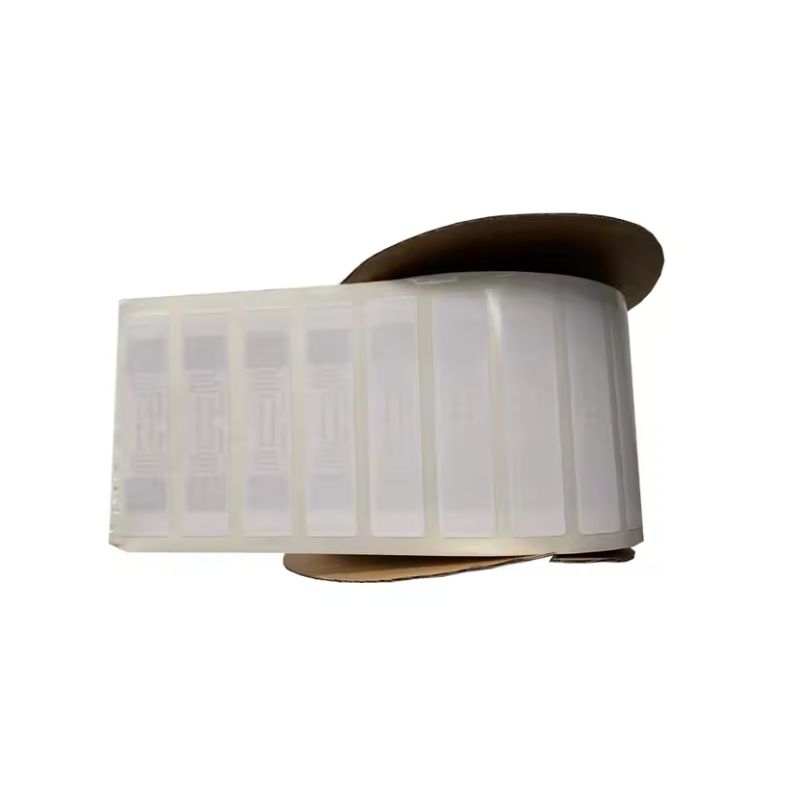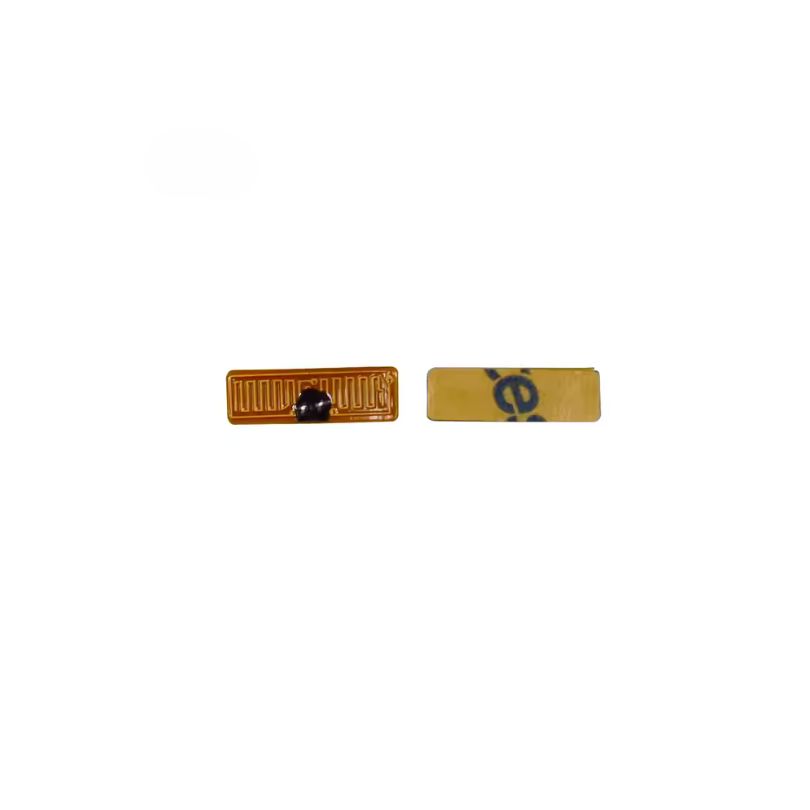
RFID Tag in Car Industrial Durable Labels Tire UHF Tags
RFID Tag in Car Tires – Secure & Smart Vehicle Tracking Starts at the Ground Level
The RFID Tag in Car is not just a trend — it’s a powerful innovation for smart mobility and fleet tracking. Specifically engineered for direct application on car tires, our rugged RFID Tire tag enables precise vehicle identification, movement tracking, and lifecycle monitoring.
By embedding an RFID chip in tires, vehicle data can be collected in real time — without relying on traditional visual identifiers or error-prone manual systems. These tire-mounted RFID tags are designed to withstand the most extreme environments while ensuring consistent performance.
Key Features of RFID Tag in Car Tires
- Embedded Tire Identification: Applied directly onto the tire surface or embedded inside, ensuring secure and tamper-resistant vehicle identification.
- Hands-Free Long-Range Tracking: UHF RFID enables automatic detection as vehicles pass fixed readers — without the need for line-of-sight.
- Built for Harsh Environments: Rated IP67 and tested to perform in temperatures from -35°C to +90°C.
- Optimized for Tire Material: Specifically designed to bond with rubber, withstand friction, pressure, and rotation without detachment.
- Compliant and Customizable: Works with EPC Gen2 (ISO18000-6C) and supports customization for chip encoding, branding, or tracking systems.
Real Case: Tire Manufacturer & Fleet Tracking
A major commercial tire supplier embedded RFID chips in tires using our tags to monitor installation, usage, and rotation cycles across thousands of tires annually.
Results:
- 100% traceability from factory to fleet.
- 80% reduction in manual asset tracking.
- 30% longer tire lifecycle through better rotation tracking.
- Enhanced warranty and anti-counterfeiting processes.
Technical Specifications
| Feature | Details |
|---|---|
| Product Name | RFID Tag in Car (Tire-Mount Only) |
| Type | UHF Passive RFID |
| Frequency | 860 – 960 MHz |
| Material | Industrial rubber, road-ready |
| Dimensions | 95 × 35 mm |
| Temperature Range | -35°C to +90°C |
| Waterproofing | IP67 rated |
| Reading Distance | Up to 10 meters (depending on reader power) |
| Data Storage | Unique vehicle/tire ID |
| Compliance | ISO 18000-6C |
Applications of RFID Tags in Car Tires
Our RFID Tire tags are engineered for use in:
- Fleet Management & Logistics
- Vehicle Manufacturing & Quality Control
- Tire Lifecycle Monitoring
- Anti-Counterfeit Tire Programs
- Rental & Leasing Vehicle Tracking
- Commercial Vehicle Inspection Automation
By integrating RFID chips in tires, your operation gains transparency, automation, and error-free data across all tracking points.
Why Choose Us for RFID Tags in Car Tires?
- Tire-Specific Engineering – Designed only for tire mounting.
- Global Quality Standards – ISO 18000-6C compliant.
- Extreme Durability – Made to withstand pressure, heat, and road conditions.
- Customization Support – Pre-encoded options, laser engraving, and more.
- OEM-Friendly – Trusted by tire manufacturers and auto suppliers.
- Best Price Guarantee – High-quality at competitive rates.
FAQs – RFID Tire Tag & RFID Chip in Tires
What is an RFID Tag in Car Tires?
It allows automatic identification of vehicles for access control, parking, and fleet tracking.
Can RFID tire tags withstand extreme temperatures?
Yes, our tags operate reliably from -35°C to +90°C and are IP67 waterproof.
How is the RFID chip in tires installed?
The chip is embedded into the tire or securely affixed to it during production or maintenance.
How does the RFID chip in tires work?
Once installed, the RFID chip in tires communicates wirelessly with RFID readers to transmit tire-specific data (ID, usage, location, etc.).
What is the range of the RFID Tire tag?
Depending on the reader and environment, the tag can be read from up to 5 meters away.
Upgrade to Smart Vehicle Tracking
Ready to take your vehicle management system to the next level?
- Get free samples and expert guidance
- Enjoy factory-direct pricing
- Customize the RFID tag in car tire specs to your needs
Contact Us Now to request a quote or consult our RFID experts!
Get Your Custom RFID Tags
As a leading custom RFID tag manufacturer, we craft solutions based on the unique needs of your operation. We offer a wide range of customization options, including material, size, frequency, encoding, and read distance, ensuring each RFID Tag is perfectly customized to your requirements. No matter what application you use RFID tags for, we can provide rugged, reliable RFID tags that meet the highest quality and durability standards. Here are the main ways we customize RFID tags to fit your needs.

Material Selection
Material is key for customizing RFID tags. Plastic works in harsh conditions, while softer materials suit delicate spaces. Different materials also affect signal performance. Pick what fits your use case to ensure your tags last and work reliably.

Customized Size
Size shapes usability. Small tags fit tight spaces or tiny items, while larger tags are easily read. In crowded areas, sleek tags prevent clashes. Align shape and dimension with your goods for visibility, convenience, and performance.

Frequency Requirements
Choose LF, HF, or UHF based on read range, speed, and interference. LF and HF resist metals and liquids but have shorter ranges. UHF offers an extended range yet may face signal blocks. Match frequency to your environment for reliable performance.

Reading Distance
Define the distance at which you have to read the tag. Short distances work for retail checkouts, while warehouses may need meters of coverage. Antenna design, reader settings, and power outputs affect range.Adjust these factors to capture data accurately at the distance you need.

Encode
Plan how data is stored on each tag. Some only hold an ID, while others contain detailed info. Decide if you need a simple EPC or added user memory. Ensure your chosen format works with existing software. Proper encoding streamlines processes and slashes errors.

Application Environment
Consider real-world conditions. Temperature swings, humidity, and chemicals can degrade tags. For outdoor use, opt for UV-resistant casings. In healthcare or food settings, ensure compliance with safety rules. Matching your tags to the environment maximizes their lifespan.
Related Products
Customize any RFID tags from our factory to meet your requirements.
